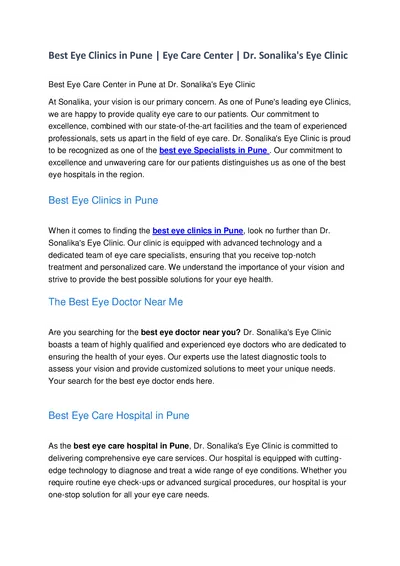PPT-An overview of the importance of hearing loss treatment and a quick guide to selecting
Author : nicole | Published Date : 2023-07-17
Is an OTC Hearing Aid Right for Me Audiologist Name amp Credentials Clinic Information Professional Accolades or Disclosures Other sub information to fit under
Presentation Embed Code
Download Presentation
Download Presentation The PPT/PDF document "An overview of the importance of hearing..." is the property of its rightful owner. Permission is granted to download and print the materials on this website for personal, non-commercial use only, and to display it on your personal computer provided you do not modify the materials and that you retain all copyright notices contained in the materials. By downloading content from our website, you accept the terms of this agreement.
An overview of the importance of hearing loss treatment and a quick guide to selecting: Transcript
Download Rules Of Document
"An overview of the importance of hearing loss treatment and a quick guide to selecting"The content belongs to its owner. You may download and print it for personal use, without modification, and keep all copyright notices. By downloading, you agree to these terms.
Related Documents













